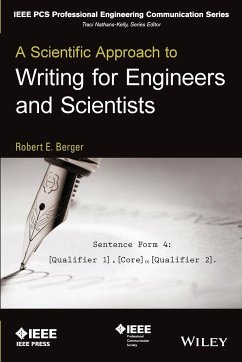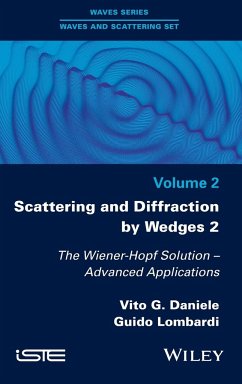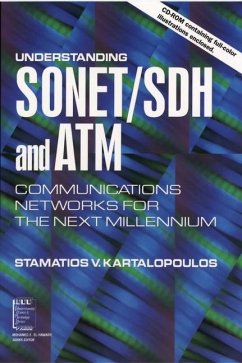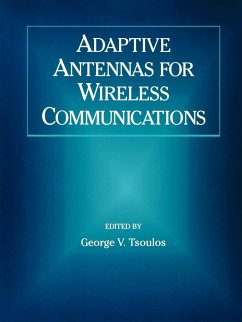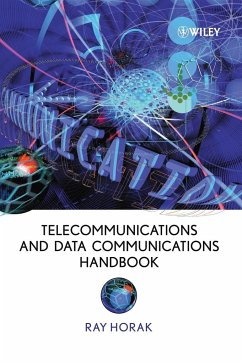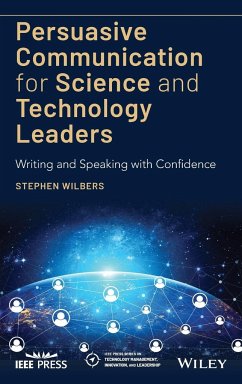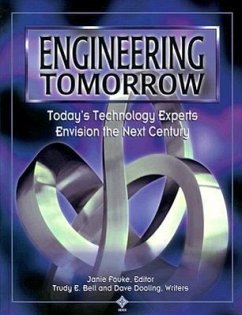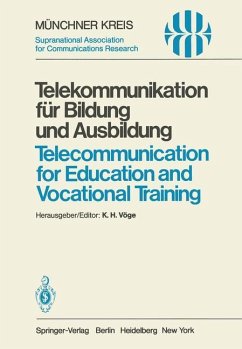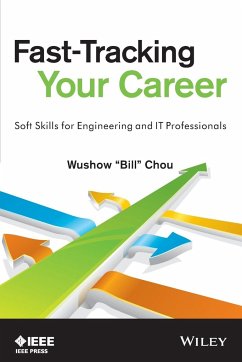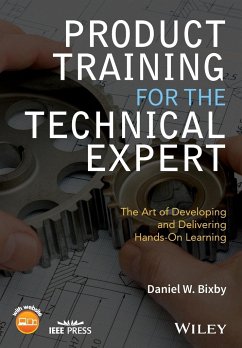
The Assessment of Learning in Engineering Education
Practice and Policy
Versandkostenfrei!
Versandfertig in über 4 Wochen
76,99 €
inkl. MwSt.
Weitere Ausgaben:

PAYBACK Punkte
38 °P sammeln!
Explores how we judge engineering education in order to effectively redesign courses and programs that will prepare new engineers for various professional and academic careers
_ Shows how present approaches to assessment were shaped and what the future holds
_ Analyzes the validity of teaching and judging engineering education
_ Shows the integral role that assessment plays in curriculum design and implementation
_ Examines the sociotechnical system's impact on engineering curricula
_ Shows how present approaches to assessment were shaped and what the future holds
_ Analyzes the validity of teaching and judging engineering education
_ Shows the integral role that assessment plays in curriculum design and implementation
_ Examines the sociotechnical system's impact on engineering curricula




